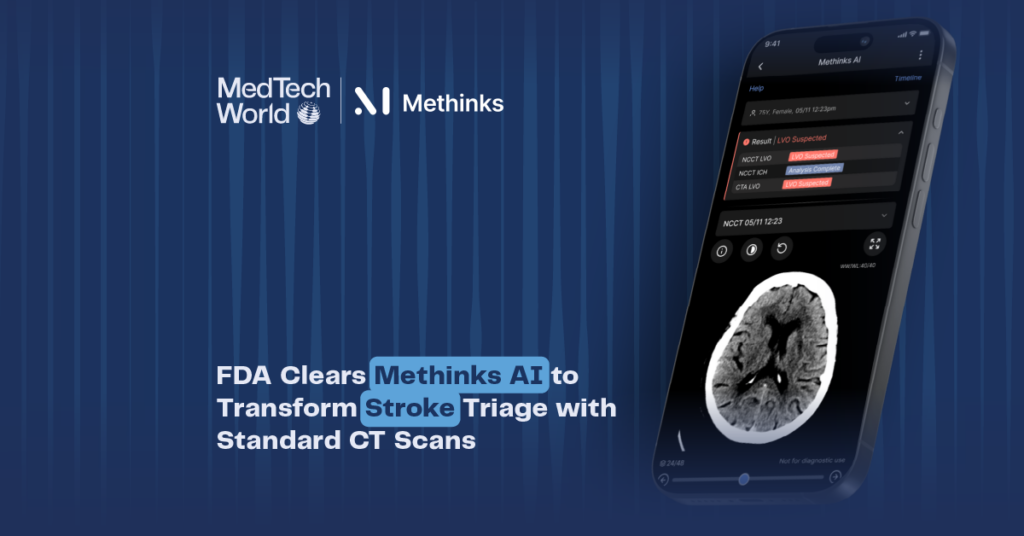
Michael Joe Cini
16th September 2022
Music Therapy for Dementia Shows Promising Results
“The idea of music as a healing influence which could affect health and behaviour is at least as old as the writings of Aristotle and Plato.” American Music Therapy Association
Effects of Music on Dementia: The Study
Researchers have found that music therapy improves social connections between people with dementia (PWD) and their caregivers. Music therapy can use deep physical reactions the body has to music to help people with mental health conditions.
Dementia is an umbrella term for impaired ability to remember, interact, think, or make decisions. This neurodegenerative disease is often progressive, thus people with dementia gradually find it more difficult to communicate or interact with others, including their caregivers.
The difficulty in social engagement and communication puts a strain on the relationship between the caregivers and the affected persons. However, a recently published study on “Musical Bridges to Memory: A Pilot Dyadic Music Intervention to Improve Social Engagement in Dementia” found that music therapy helped improve social engagement among people with dementia and their caregivers, thereby reducing caregivers’ stress.
In this particular study, individuals with dementia and their caregivers were recruited from two memory care facilities. Researchers used a 12-week intervention called musical bridges to memory (MBM), including an assessment of musical preferences among people with dementia and baseline assessment data like sociable behaviours and dementia severity.
The intervention consists of training for caregivers, and 45 minutes live concerts followed by breakout sessions. Music therapists encouraged interaction during the concerts.
Follow-up evaluations were conducted using a neuropsychiatric symptoms questionnaire, assessing behaviours, and obtaining feedback from caregivers.
When compared to the control group, there were better forms of nonverbal sociable behaviours in the intervention group. Participants with dementia in the intervention group demonstrated interest, focus, calmness, and eye contact with their caregivers.
Caregivers also stated that the program helped them connect with their loved ones and improve the quality of their relationships, resulting in a decreased level of stress regarding the symptoms of their loved ones.
In an interview with Medical News Today, study author and neurologist Borna Bonakdarpour, an associate professor of neurology at Northwestern Medicine, Chicago, noted: “Our preliminary data shows that music can help with improving social engagement between a person with dementia and their loved ones. It can also decrease stress levels in care partners.”
Music Therapy: A Complementary Intervention In The Management Of Dementia
Currently, there’s no cure for dementia. It is also unlikely that there will be a single cure, considering that dementia is multifactorial and caused by different diseases. Research is therefore focused on finding cures for dementia-causing diseases, like Alzheimer’s disease, dementia with Lewy bodies, and frontotemporal dementia.
Over the years, significant advances have been made in understanding how different diseases cause damage in the brain and so produce dementia. In the bid to find a cure, researchers are working on many areas, including immunotherapy, gene-based therapies, repurposing medicines, and stem cells. However, a cure is yet to be found. The focus is therefore on prevention and managing the symptoms.
In the management of dementia, medication and lifestyle modifications are the primary interventions. Nevertheless, recent studies are focusing on non-pharmacological interventions like music therapy that can benefit people with dementia.
Music therapy is a purposeful, target-oriented activity in which therapists work with individuals or groups, making use of musical expression and the memories, sensations, and feelings it evokes. It involves using music to improve mood and promote well-being. This approach has been found to be particularly beneficial for older adults with various types of dementia.
While talking to Medical News Today, Scott Horowitz, a licensed professional counsellor and clinical assistant professor at Drexel University, explained how human memories are connected to their sensory experiences. He highlighted that, for people with cognitive impairments, such as dementia, this connection remains even if other elements of their memory are impaired. When a piece of music that holds meaning to them is played, the memory attached to such music is triggered.
The best music to use in music therapy are songs that the person with dementia used to listen to and love when they were young, especially from the mid-first decade to the mid-20s.
According to Kimmo Lehtonen, a clinical music therapist and professor of education at the University of Turku, Finland, music therapy has many faces. “With older adults, I mainly use old wartime songs, which seem to bring many lively memories to their minds,” Lehtonen said.
Music has a deep connection with unconscious emotions, which are triggered by musical movement. It represents a microcosmos which has a close relationship to our inner feelings. These feelings are so strong and intense they remain meaningful even if patients cannot remember who they are.
Take Part in Med-Tech World 2022
It is now estimated that the global digital health market will increase to around $640 billion by 2026. Through our expertise coupled with optimized networking, we will ensure that both investors and startups are on the ground floor of this health revolution. The event which is organized and curated alongside a team of doctors, attracts legislators and policymakers, medical professionals, and investors from across the world, addresses the opportunities and challenges driving this million-dollar forum.




